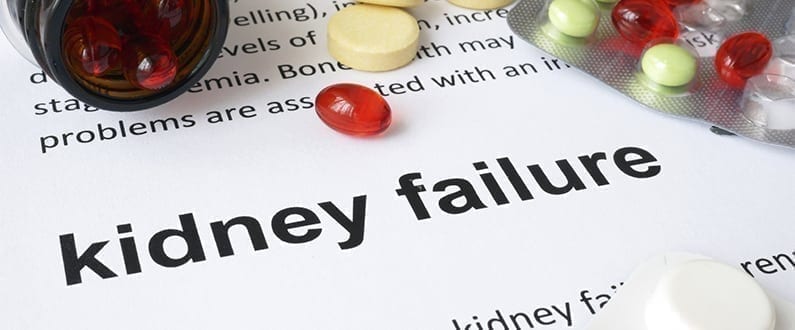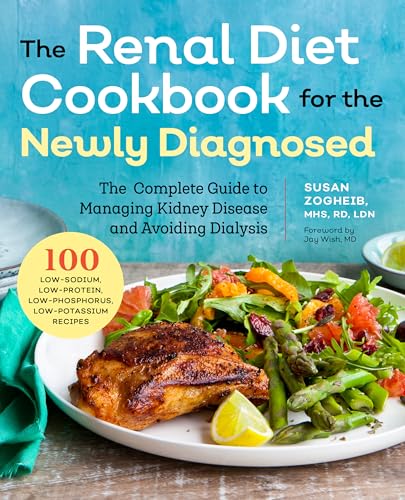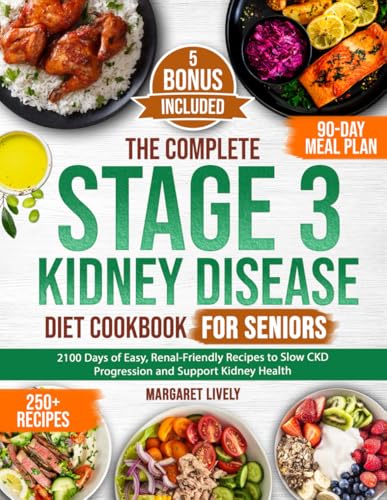Kidney disease refers to the slow decline in kidney functioning, and can occur over a space of months or even years. The kidney’s function in the body is to filter out waste products from the blood stream, so they can be excreted in urine.
According to Kidney Research UK, more than 53,000 people are being treated for kidney failure in the UK.
Symptoms
During the first stages of kidney disease, there are no noticeable symptoms, and the condition is only detected after specific blood or urine tests. If kidney failure isn’t diagnosed early, symptoms will start to appear:
- Weight loss and a lack of appetite
- Swollen hands, feet and ankles
- Difficulty getting or maintaining an erection
- Blood in your urine
- Increased need to urinate
- Muscle cramps
- Itchy skin
- Shortness of breath
If treatment is started before these symptoms appear, they may be completely avoided.
Causes
Hypertension and diabetes are the two most common causes of kidney disease. According to the NHS, around half of all cases are the result of diabetes or hypertension. Other causes of kidney disease include kidney inflammation and infection, autoimmune diseases and non-steroidal anti-inflammatory drugs (NSAIDs).
Treatment
If you are diagnosed with poor kidney functioning, it is advised that you modify your lifestyle so the condition of your kidneys doesn’t get worse. This can be done by following some simple rules:
- Do 150 minutes of exercise per week (30 minutes per day, five days a week)
- Stop smoking
- Stop NSAIDs
- Stop drinking
- Limit salt intake to less than 5g per day
It is also important to follow healthy dietary practices:
- Fruit or vegetables should be a staple in every meal, aim for at least five servings per day
- Eat at least two servings of oily fish per week
- Swap out processed white grains for brown whole grains
- Limit daily salt intake to less than 5g per day, and use herbs and spices for flavour instead of added salt
- Limit or cut out alcohol consumption
- Cut down on processed high-calorie snacks such as cakes, crisps, sweets and chocolate
- Avoid microwave meals and processed meats
- Avoid foods that are deep fried
- Learn to eat only until you feel comfortable and stop before you feel full
- Eat smaller meals more frequently







